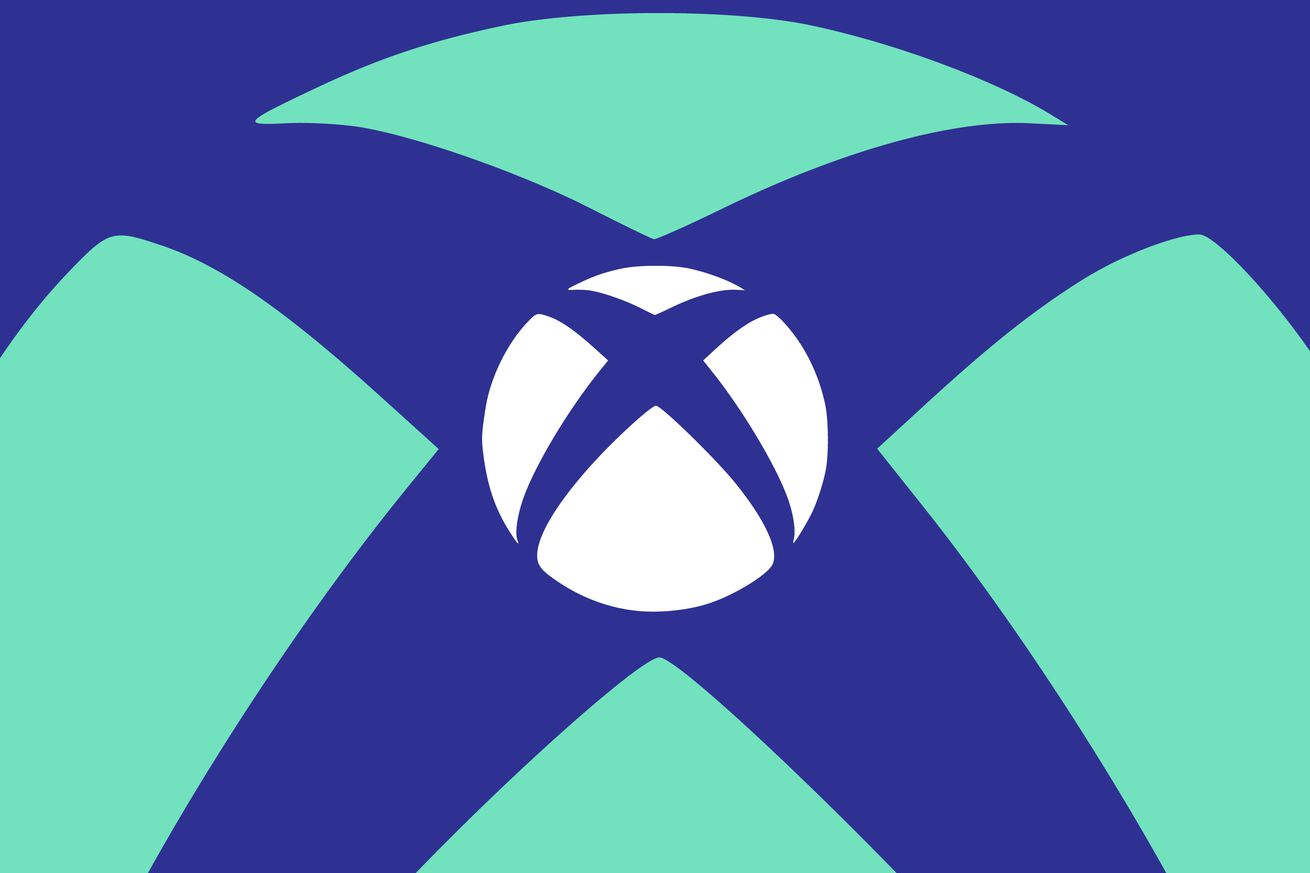
Microsoft’s Activision Blizzard acquisition blocked by UK regulators
Microsoft’s $68.7 billion deal to acquire Activision Blizzard has been blocked by the UK’s Competition and Markets Authority (CMA). After months of analyzing 3 million Microsoft and Activision documents and more than 2,100 emails from the public, the CMA has concluded that the deal could “alter the future of the fast-growing cloud gaming market, leading to reduced innovation and less choice for UK gamers over the years to come.”
Microsoft says it will appeal the decision, but it’s a blow to Microsoft’s hopes of acquiring Activision Blizzard and will likely prevent the company closing its giant deal if an appeal is unsuccessful.
“Microsoft has a strong position in cloud gaming services and the evidence available to the CMA showed that Microsoft would find it commercially beneficial to make Activision’s games exclusive to its own cloud gaming service,” says the CMA.
The CMA estimates that Microsoft controls around 60 to 70 percent of global cloud gaming services and that adding control over Call of Duty, Overwatch, and World of Warcraft would give Microsoft a significant advantage in the cloud gaming market.
Microsoft had attempted to address concerns around cloud gaming in the lead up to this decision. The software giant signed cloud gaming deals with Boosteroid, Ubitus, and Nvidia to allow Xbox PC games to run on these rival cloud gaming services — after striking a similar deal with Nintendo in December. These 10-year deals also include access to Call of Duty and other Activision Blizzard games, if the deal is approved by regulators.
The CMA says it has examined these deals, but that they contain “a number of significant shortcomings” in cloud gaming services. The CMA says the deals are “too limited in scope” with models that meant gamers had to acquire the right to play games “by purchasing them on certain stores or subscribing to certain services.” The deals didn’t include agreements for Microsoft providing access to these games in rival multi-game subscription services or the ability for rivals “to offer versions of games on PC operating systems other than Windows.”
The CMA also noted that the deals would “standardize the terms and conditions on which games are available,” instead of open competition in the cloud gaming market. “We concluded that, without the merger, Activision games would become available on cloud gaming services in the UK in the near future.”
The CMA initially sided with Microsoft over Call of Duty on PlayStation concerns last month, noting that it would be costly for Microsoft to withhold the popular franchise from PlayStation. That left some cloud gaming concerns on the table, but the regulator says it considered whether the benefit of having Activision’s content on Game Pass outweighed the concerns around cloud gaming in the UK.
“Microsoft engaged constructively with us to try to address these issues and we are grateful for that, but their proposals were not effective to remedy our concerns and would have replaced competition with ineffective regulation in a new and dynamic market,” says Martin Coleman, chair of the independent panel of experts conducting the investigation.
“We remain fully committed to this acquisition and will appeal,” says Microsoft president Brad Smith in a statement to The Verge. “The CMA’s decision rejects a pragmatic path to address competition concerns and discourages technology innovation and investment in the United Kingdom. We have already signed contracts to make Activision Blizzard’s popular games available on 150 million more devices, and we remain committed to reinforcing these agreements through regulatory remedies. We’re especially disappointed that after lengthy deliberations, this decision appears to reflect a flawed understanding of this market and the way the relevant cloud technology actually works.”
Activision Blizzard CEO Bobby Kotick says the company has already started work on an appeal in an email to employees on Wednesday. “Alongside Microsoft, we can and will contest this decision, and we’ve already begun the work to appeal to the UK Competition Appeals Tribunal,” says Kotick. “We’re confident in our case because the facts are on our side: this deal is good for competition.”
A Microsoft appeal will push back the company’s plans to try and get this deal over the line by the end of July. Microsoft had originally planned to close the deal by July 18th and it will now be forced to negotiate an extension to the merger agreement. If Microsoft’s CMA appeal fails or it fails to get approval from other regulators it will owe Activision $3 billion in break up fees.
Regulators in Saudi Arabia, Brazil, Chile, Serbia, Japan, and South Africa have all approved the deal. The EU is set to make a decision by May 22nd, with Reuters reporting last month that the deal is likely to be approved by EU regulators following the Nvidia and Nintendo licensing agreements.
Microsoft also faces regulatory scrutiny from the Federal Trade Commission (FTC) in the US. The FTC sued to block Microsoft’s Activision Blizzard purchase last year, and that investigation is still ongoing. An evidentiary hearing is scheduled for August 2nd, and there are signs the case could unearth rare details on game industry exclusivity deals if documentation is made public.
Update, April 26th 8:13AM ET: Article updated with more details from the CMA on cloud concerns.

